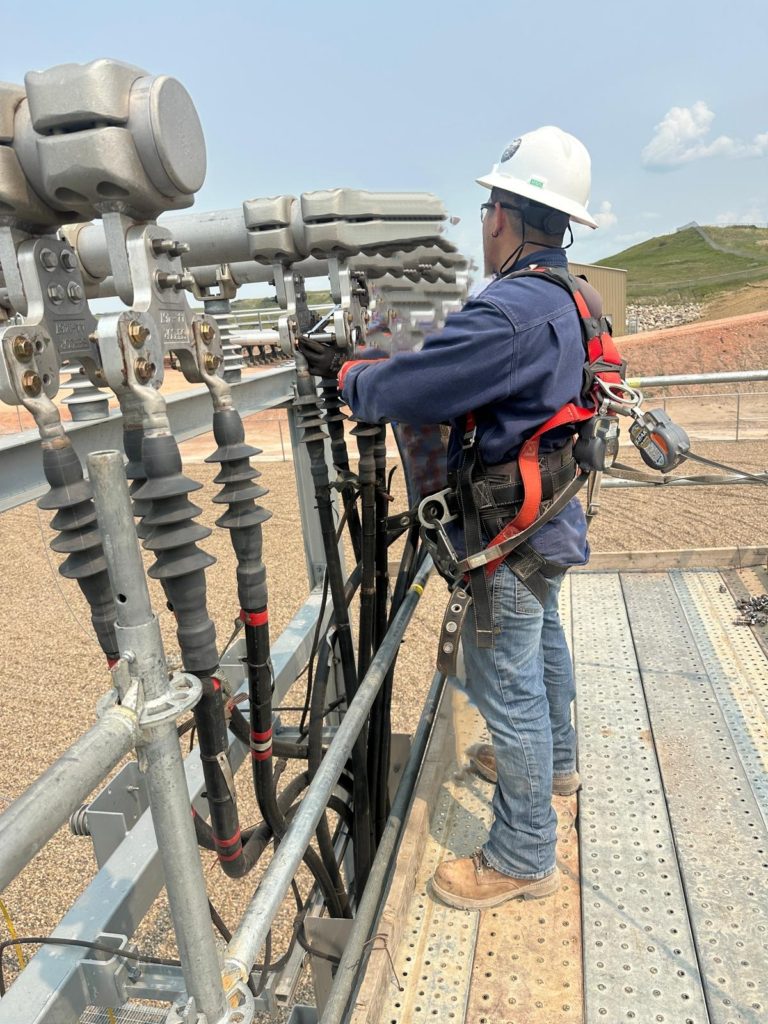
The Electric Journey: Exploring the Career of Electrical Engineering and Journeyman Electricians
The field of electrical engineering and the profession of journeyman electricians are critical components of today’s technology-driven world. With the growing demand for electrical systems in residential, commercial, and industrial settings, understanding the intricacies of these careers, including educational requirements, job prospects, income potential, and future market trends, is essential for anyone considering a path in this direction.
1. Understanding Electrical Engineering
1.1 What is Electrical Engineering?
Electrical engineering is a branch of engineering that deals with the study and application of electricity, electronics, and electromagnetism. This discipline encompasses a wide range of subfields, including power systems, telecommunications, control systems, signal processing, and electronic devices.
1.2 Educational Pathways
To become an electrical engineer, one typically needs to earn a Bachelor’s degree in electrical engineering or a related field. Many universities offer programs accredited by the Accreditation Board for Engineering and Technology (ABET), which is crucial for future licensure.
- Bachelor’s Degree: This is the minimum educational requirement for entry-level positions. Coursework includes subjects like circuit analysis, digital systems, electromagnetism, and control systems.
- Licensure: After obtaining a degree, aspiring engineers must pass the Fundamentals of Engineering (FE) exam, gain relevant work experience (usually four years), and then pass the Principles and Practice of Engineering (PE) exam to become licensed professional engineers (PE).
1.3 Skills Required
Successful electrical engineers possess a range of skills, including:
- Analytical Skills: The ability to analyze complex problems and develop solutions.
- Technical Skills: Proficiency in the use of engineering software and tools.
- Communication Skills: Effective communication with team members and stakeholders.
- Creativity: Innovating new solutions and improving existing technologies.
2. The Role of Journeyman Electricians
2.1 What is a Journeyman Electrician?
A journeyman electrician is a skilled tradesperson who has completed an apprenticeship and is licensed to work independently. These professionals install, maintain, and repair electrical systems in various settings, including homes, factories, and commercial buildings.
2.2 Becoming a Journeyman Electrician
The pathway to becoming a journeyman electrician typically involves:
- High School Diploma or GED: Basic education is essential.
- Apprenticeship: Most states require aspiring electricians to complete a formal apprenticeship, which combines on-the-job training with classroom instruction (typically lasting four to five years).
- Licensing: After completing an apprenticeship, electricians must pass a licensing exam, which tests their knowledge of electrical theory, codes, and safety practices.
2.3 Day-to-Day Responsibilities
Journeyman electricians are responsible for a variety of tasks, including:
- Reading blueprints and technical diagrams.
- Installing wiring systems, outlets, and lighting fixtures.
- Conducting tests to ensure electrical systems are functioning correctly.
- Troubleshooting and repairing electrical issues.
3. Income Potential
3.1 Salaries for Electrical Engineers
According to the U.S. Bureau of Labor Statistics (BLS), as of May 2022, the median annual wage for electrical engineers was approximately $105,230. Factors influencing salary include:
- Experience: More experienced engineers often command higher salaries.
- Industry: Engineers working in research and development tend to earn more than those in manufacturing.
- Location: Salaries can vary significantly by region, with states like California and Texas often offering higher wages.
3.2 Salaries for Journeyman Electricians
The BLS reports that the median annual wage for electricians, including journeyman electricians, was about $60,040 in May 2022. Key factors that can influence earnings include:
- Union Membership: Electricians in unions often earn higher wages and have better benefits.
- Location: Urban areas typically offer higher pay due to the cost of living.
- Specialization: Electricians who specialize in high-demand areas (such as renewable energy) may earn more.
4. Job Outlook
4.1 Electrical Engineers
The job outlook for electrical engineers is promising, with the BLS projecting a growth rate of 3% from 2022 to 2032, which is about as fast as the average for all occupations. This growth is driven by:
- Increased demand for electronic devices and renewable energy technologies.
- The need for engineers to develop and maintain complex electrical systems.
4.2 Journeyman Electricians
The demand for electricians, including journeyman electricians, is expected to grow by 7% from 2022 to 2032, according to the BLS. This growth can be attributed to:
- The need for electrical installations in new construction and renovation projects.
- A growing emphasis on energy efficiency and renewable energy systems, which require skilled electricians for installation and maintenance.
5. Future Trends in the Electrical Field
5.1 Renewable Energy
As the world shifts toward more sustainable energy solutions, there will be an increasing need for electrical engineers and electricians skilled in solar, wind, and other renewable energy technologies.
5.2 Smart Technology
The integration of smart technology into homes and businesses is another trend driving demand. Electricians will be essential for installing and maintaining smart electrical systems, including smart lighting and home automation.
5.3 Electric Vehicles (EVs)
With the rise of electric vehicles, the demand for charging infrastructure is increasing. Electricians will be vital in the installation and maintenance of EV charging stations, creating new job opportunities in this area.
5.4 Continued Education
Both electrical engineers and journeyman electricians will benefit from continued education to keep pace with rapidly changing technologies. Certifications in new technologies and systems will enhance job prospects and earning potential.
Conclusion
The careers of electrical engineers and journeyman electricians offer promising opportunities for those interested in pursuing a path in the electrical field. With competitive salaries, strong job outlooks, and the chance to work on innovative technologies, these professions are not only rewarding but also essential for the future of our energy systems.
Whether you’re contemplating a career in electrical engineering or looking to become a journeyman electrician, the journey is filled with opportunities for growth and development in an ever-evolving industry.

Electrician Glossary for Journeyman Electricians
For any professional in the electrical field, especially a journeyman electrician, mastering technical vocabulary is essential. The electrical glossary not only ensures precise communication with colleagues, contractors, and clients but also guarantees that every task is performed with safety and efficiency.

How Solar Energy Works Even on Cloudy Days
When people think about solar energy, they often imagine bright, sunny days powering homes and gadgets. However, what happens when the weather turns cloudy? Many believe that solar panels are ineffective in overcast conditions, but this is a common misconception. In reality, solar energy systems can still generate electricity on cloudy days—just not at the same efficiency level as during full sun.
